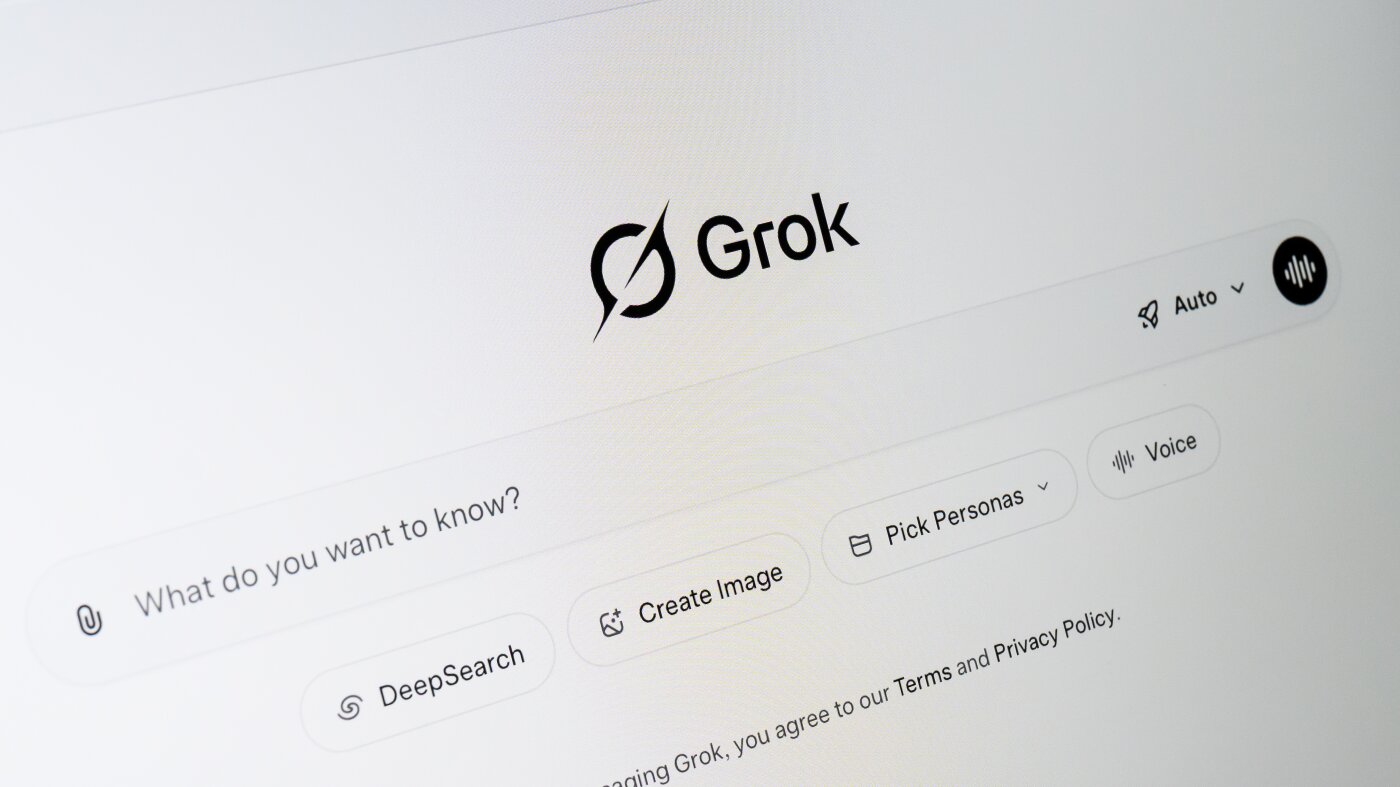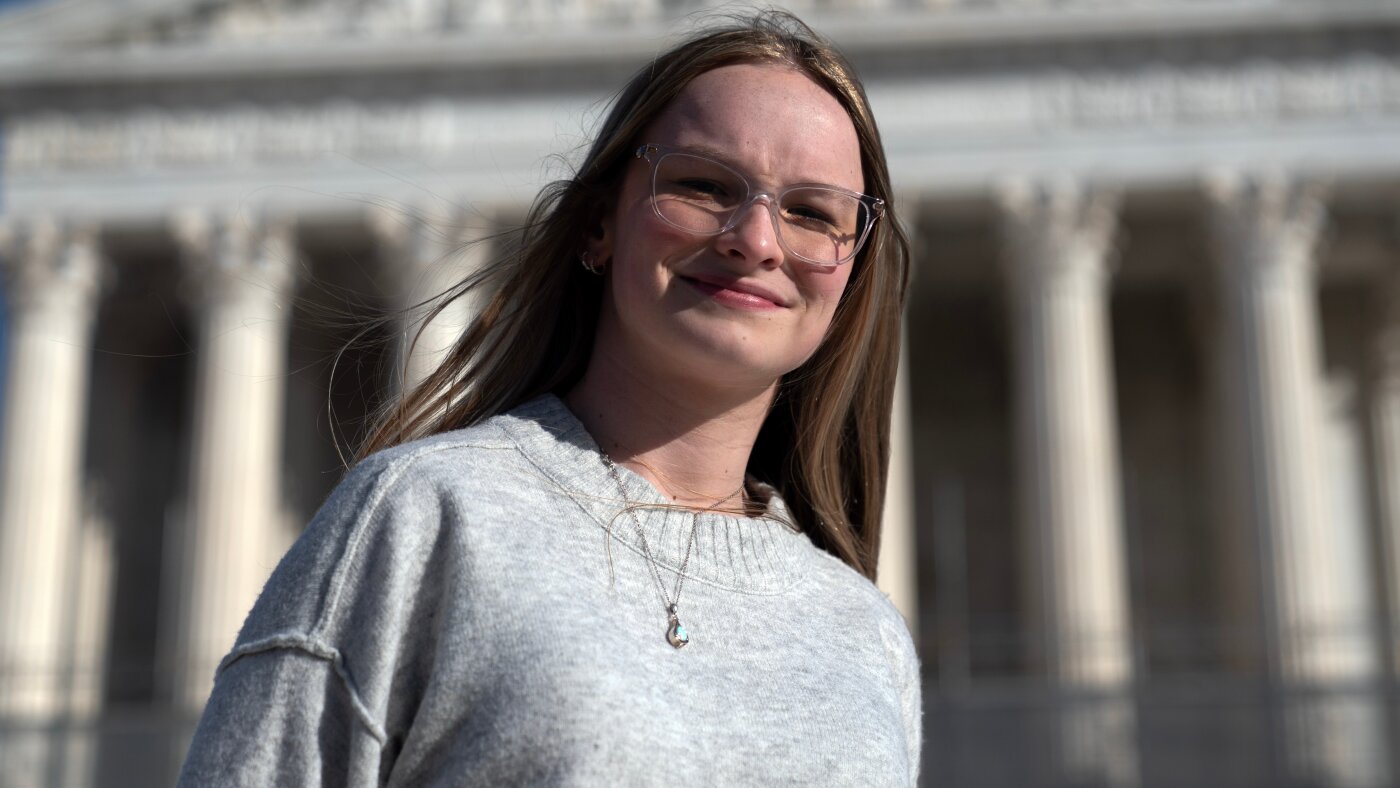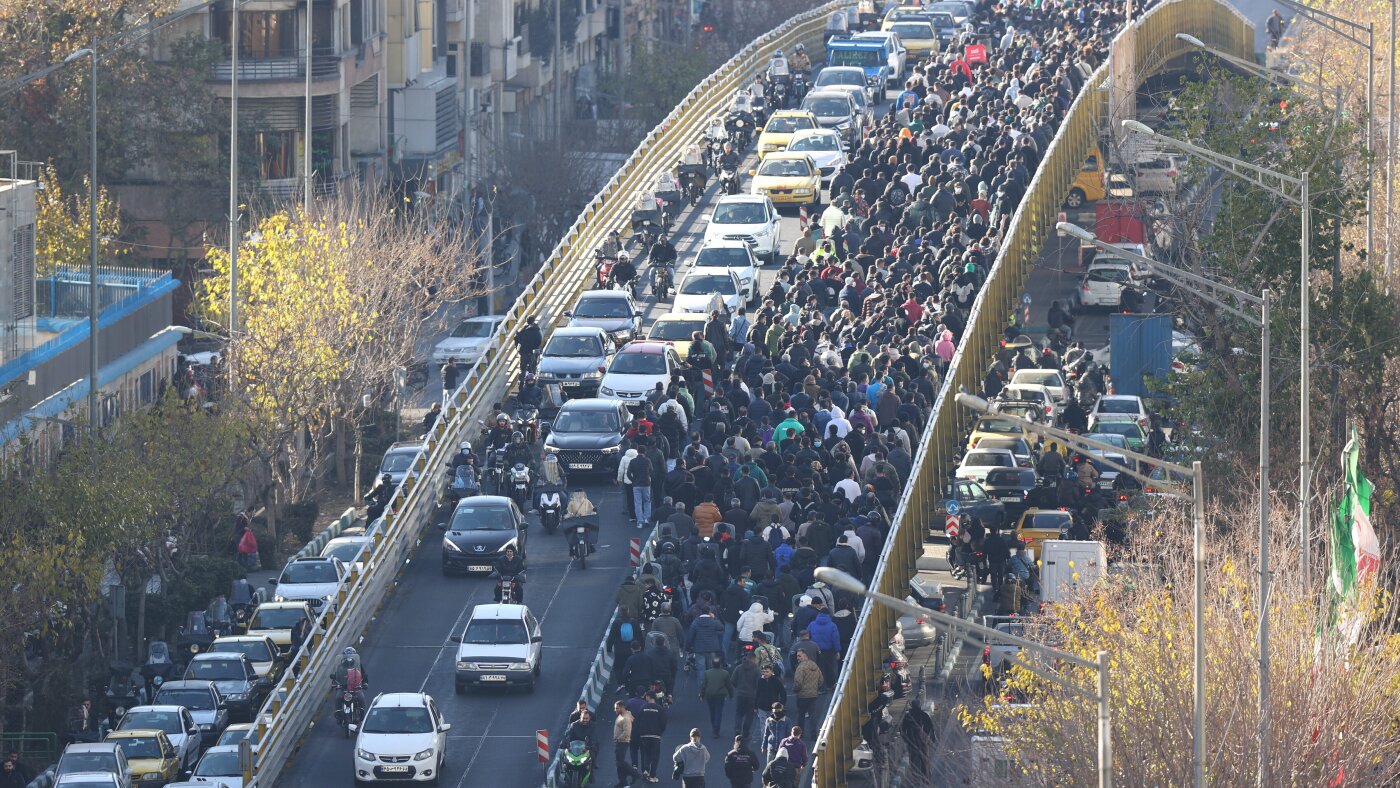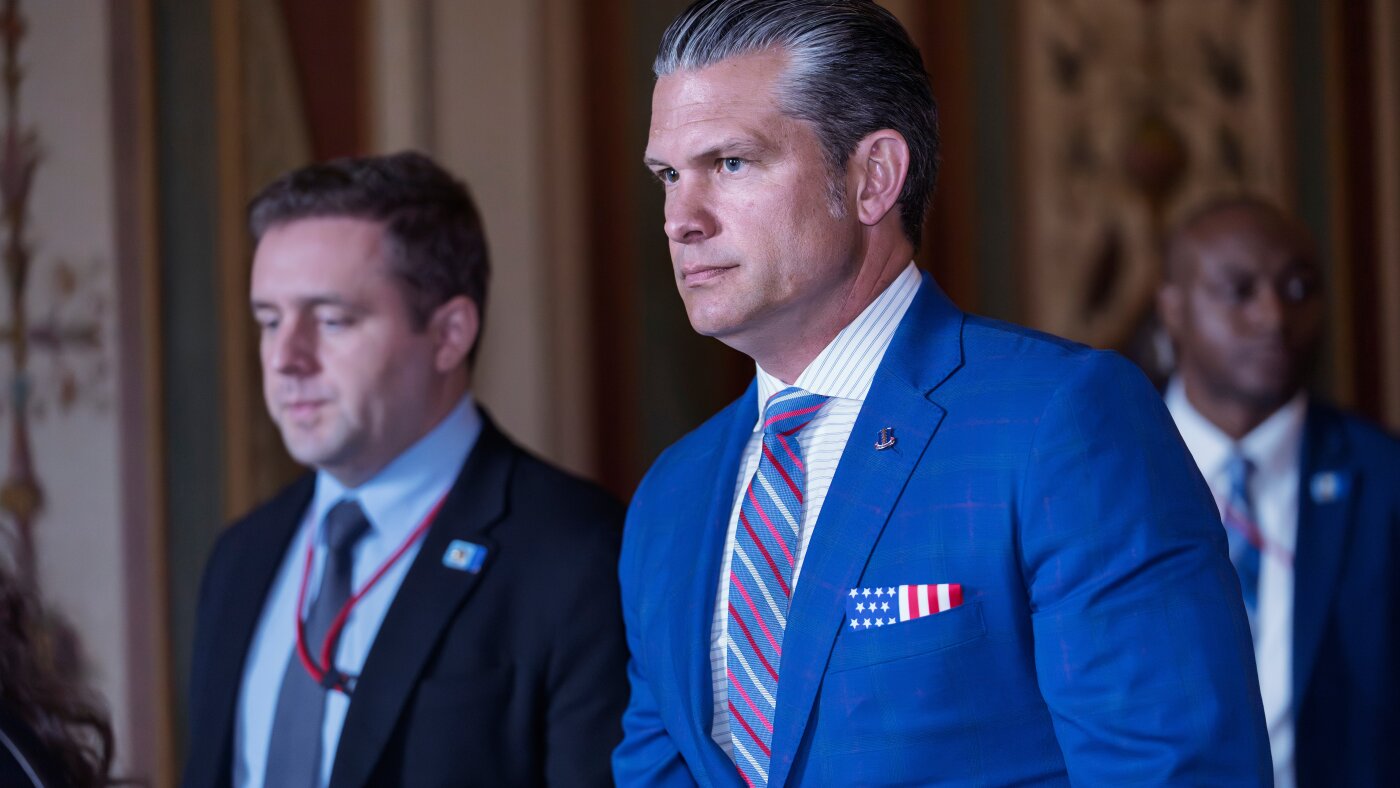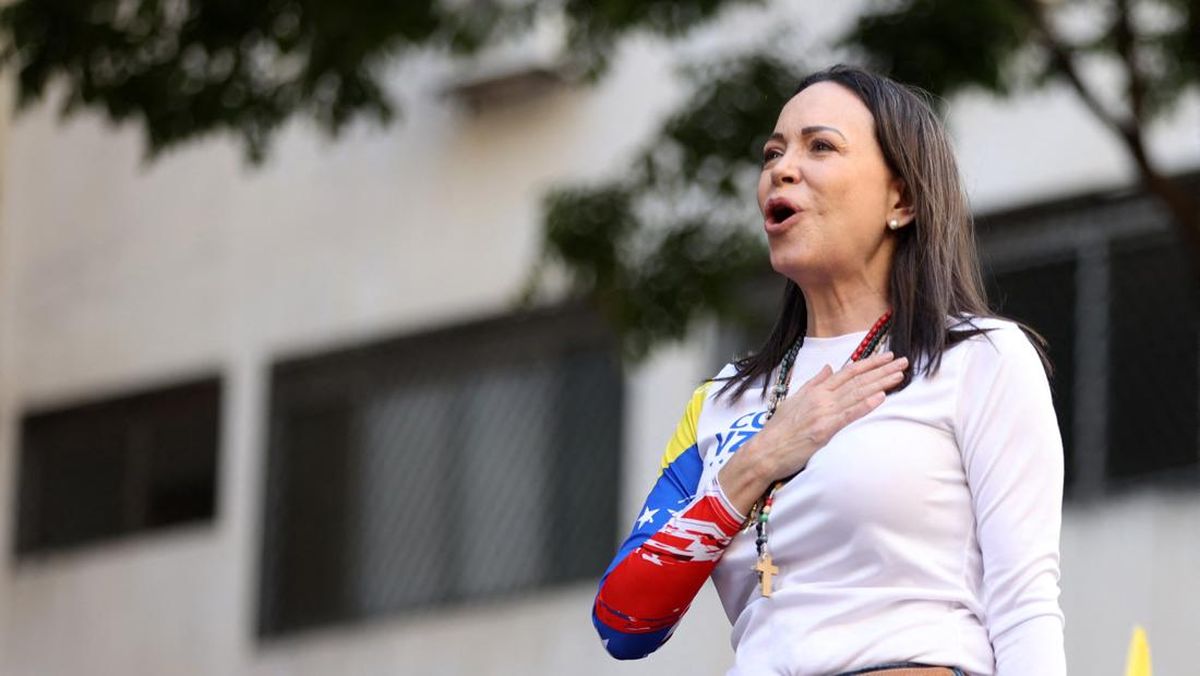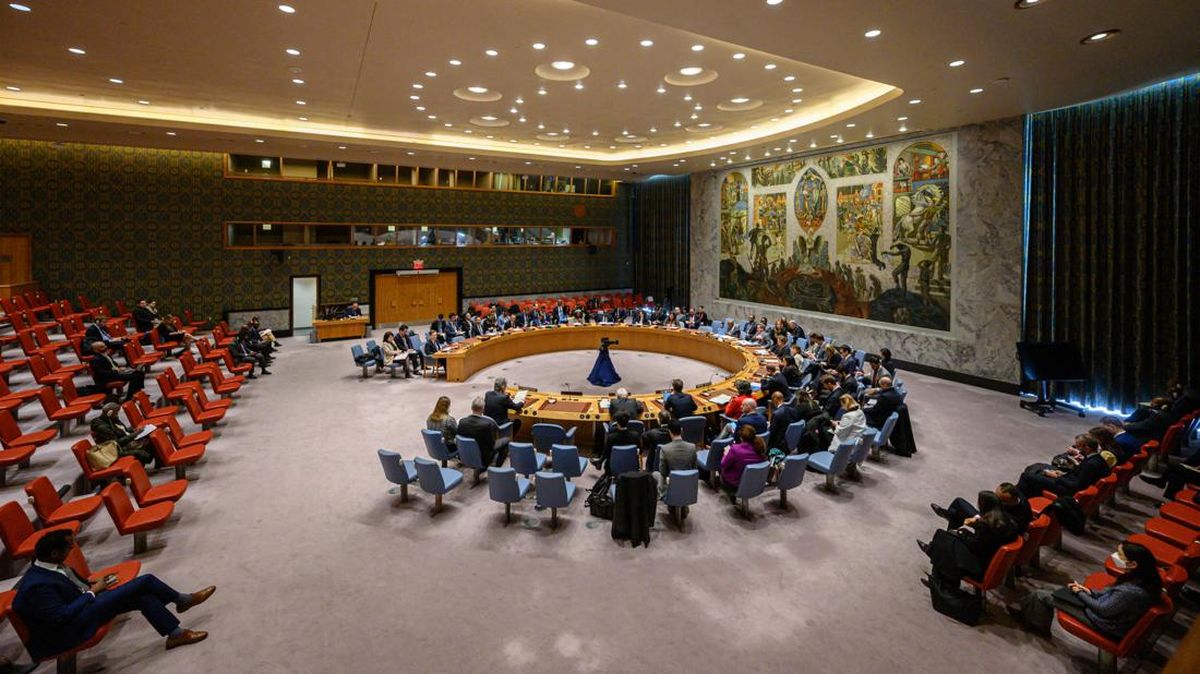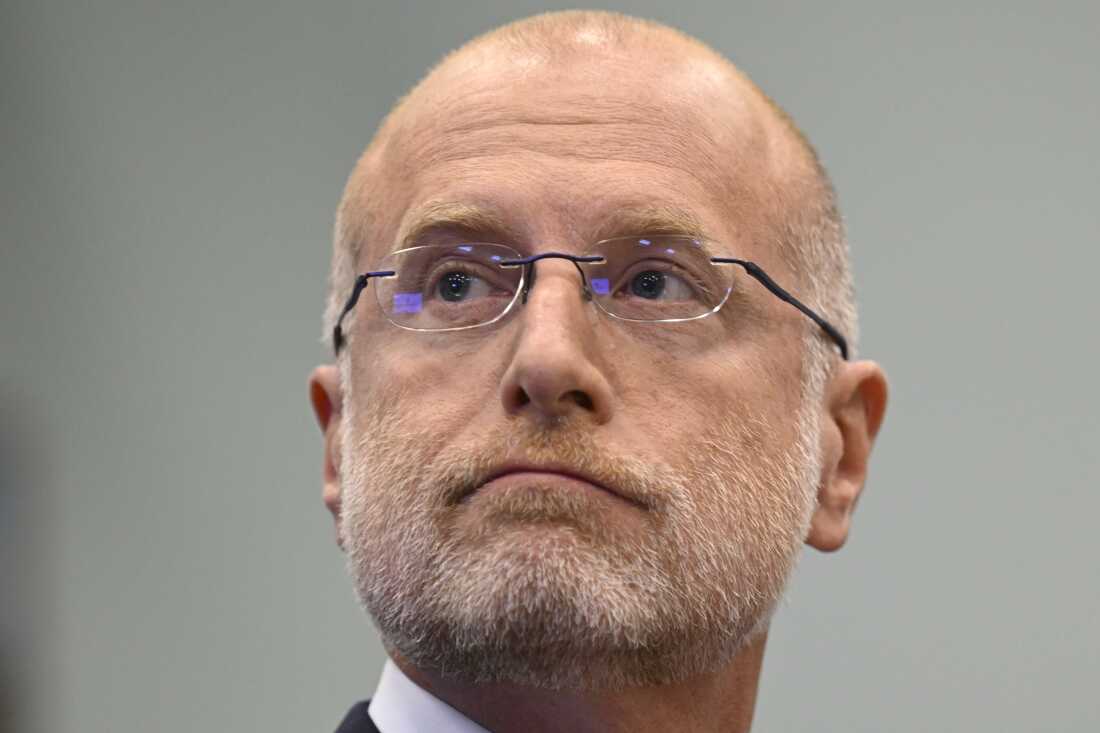
Since taking the helm of the Federal Communications Commission in January, Chairman Brendan Carr has launched investigations of nearly every major broadcast network. John McDonnell/Getty Images/Getty Images North America hide caption
toggle caption
John McDonnell/Getty Images/Getty Images North America
When President Trump announced last fall that he would name Brendan Carr to be the nation's leading broadcast regulator, he called Carr "a warrior for Free Speech."
In the eight months since becoming chair of the Federal Communications Commission, however, Carr has waged war against the free speech of those who have reported on, criticized, or satirized the president. And Carr has the president's ear, according to a person who knows both men and requested anonymity because they did not have authorization to speak to the media.
On Air Force One Thursday, Trump said that the broadcast networks were "97% against me."
"They give me only bad press," Trump said. "They're getting a license. I think maybe their license should be taken away. It will be up to Brendan Carr. I think Brendan Carr is outstanding. He's a patriot. He loves our country, and he's a tough guy. So we'll see."
To be clear, networks do not hold broadcast licenses, but their local affiliates do. And Carr has launched formal investigations of all of the nation's major broadcast networks, including NPR. The one exception is Fox, owned by Trump's political ally Rupert Murdoch. (Trump did recently sue Murdoch and his Wall Street Journal, however, over its reporting on the president's relationship with the late sex offender Jeffrey Epstein.)
Carr has cheered on Trump's private lawsuits against the media over their news coverage, which most scholars and media lawyers say falls well within the protections of the First Amendment.
Indeed, the investigations of ABC and CBS dovetailed with complaints made in Trump's lawsuits against them. Parent companies of both networks chose to settle the cases for $16 million each, rather than fight them in court – despite what appeared to be favorable odds.
And Carr has made clear he will use the FCC's powers to review major deals to wring concessions from corporate owners. In addition to settling Trump's lawsuit, CBS' previous owners announced they were pulling The Late Show with Stephen Colbert, perhaps Trump's most acerbic comedic critic. The network said it was a "purely financial decision." Shortly afterward, the FCC approved the sale of the company, Paramount, to Skydance Media.
Upon taking over, Skydance announced a new ombudsman would review CBS news coverage – a pledge made to Carr. It hired a former think tank chief who had been unsuccessfully nominated by Trump to be ambassador to Japan for the role and had voiced his support for the administration on social media.
Carr also launched an investigation of NPR and PBS, saying he worried they were violating federal law by airing commercials. He vocally supported the elimination of federal funding for public media – something in which the FCC has no formal role. That belongs to Congress, which under pressure from Trump and citing a liberal bias at the public broadcasters, rescinded all money already appropriated for the next two years.
So this week's suspension of late night comic Jimmy Kimmel by ABC is just the latest example of Carr's intervention over political speech.
It is also the most blatant.
While Kimmel's remarks over speculation by some of the president's supporters about the ideological motivations of the murderer of Charlie Kirk sparked an uproar among conservatives, it was Carr's reaction that led to a swift domino effect.
"We can do this the easy way or the hard way," Carr told the conservative podcaster Benny Johnson. "These companies can find ways to change conduct to take action on Kimmel or, you know, there's going to be additional work for the FCC ahead."
Nexstar and Sinclair Broadcast Group – two huge corporations that own many local television stations including dozens of ABC affiliates – weighed in within hours to announce they would pull Kimmel's show indefinitely. Then, so did ABC. Nexstar, Sinclair and ABC's corporate owner, the Walt Disney Co., all have major deals pending that require approval by either the FCC or federal antitrust regulators.
"What he has done here - using the bully pulpit to essentially intimidate a major network into canceling one of its hours - there's nothing that comes close in the history of the Federal Communications Commission, " says Gigi Sohn, a former senior Democratic official at the FCC. "It doesn't matter if it's Republican or Democrat. It's so beyond the pale, that it's difficult to conceive."
Carr has not returned NPR's repeated requests for comment on his actions at the FCC. But he told Fox News' Sean Hannity on Thursday that broadcast licenses give networks "a unique obligation to operate in the public interest."
Late-night shows, he said, have gone from comedy to "enforcing a very narrow political ideology" that only appeals to a slice of the American public. That sort of programming, he said, was better suited for podcasts (which – like cable programming – are not regulated by the FCC).
"But if you are going to have a license from the FCC, we expect you to broadly serve the public interest," he said.

Brendan Carr, center, stands between Kash Patel — now the FBI director — and Donald Trump Jr. at the Turning Point USA ball on January 19, 2025, the eve of President Trump's second inauguration. Samuel Corum/Getty Images/Getty Images North America hide caption
toggle caption
Samuel Corum/Getty Images/Getty Images North America
The media industry has shrunk, with a few powerful companies controlling many properties. Sohn says this consolidation of media ownership has meant Trump and Carr have fewer corporate players to target – and each of those players have multiple vulnerabilities.
The nation's chief regulator for broadcasters usually labors in anonymity, the kind of figure who speaks in measured tones at conferences sponsored by think tanks or industry trade groups. Carr used to be among them.
The commission is considered semi-autonomous, with bipartisan membership confirmed by the Senate. There's a one-vote majority for the president's party when all five seats are filled. A bit like the Federal Reserve Board, it typically does not act as part of the command-control structure of the administration.
Carr joined the FCC in 2012 as a staff attorney and was well regarded by his peers. He was appointed by Trump in 2017 to join the commission as a member. He was seen as sharp, collegial, and focused.
Once in office, Carr articulated strong thoughts on free speech: he was all for it.
"The First Amendment operates as a restraint on the government," he told Democratic Sen. Maggie Hassan of New Hampshire at an oversight hearing in 2018. "The idea is that we don't put a thumb on the scale in favor of one speaker or the other. The whole purpose of the First Amendment is to encourage strong, robust -- perhaps rough in some situations -- discourse."
Carr went on to describe how he saw his responsibilities.
"At the FCC, my job is to act consistent with the First Amendment in every single thing... and act consistent with the First Amendment rights of the media and the journalists and I can commit to you that I'll continue to do that."
But last fall, Carr waged an unusually public campaign to become the chair of the Federal Communications for President Trump's second term. He became a frequent guest on Fox News, alleging major television networks and digital giants were targeting conservatives. And he wrote the chapter on the FCC for the Heritage Foundation's Project 2025. That mammoth document, despite the Trump campaign's disavowals, became something of a blueprint for his administration.
During Trump's first term, some administration officials often acted as a brake on his most transgressive impulses. Now Carr is pressing the accelerator to the floor.

 3 months ago
49
3 months ago
49








